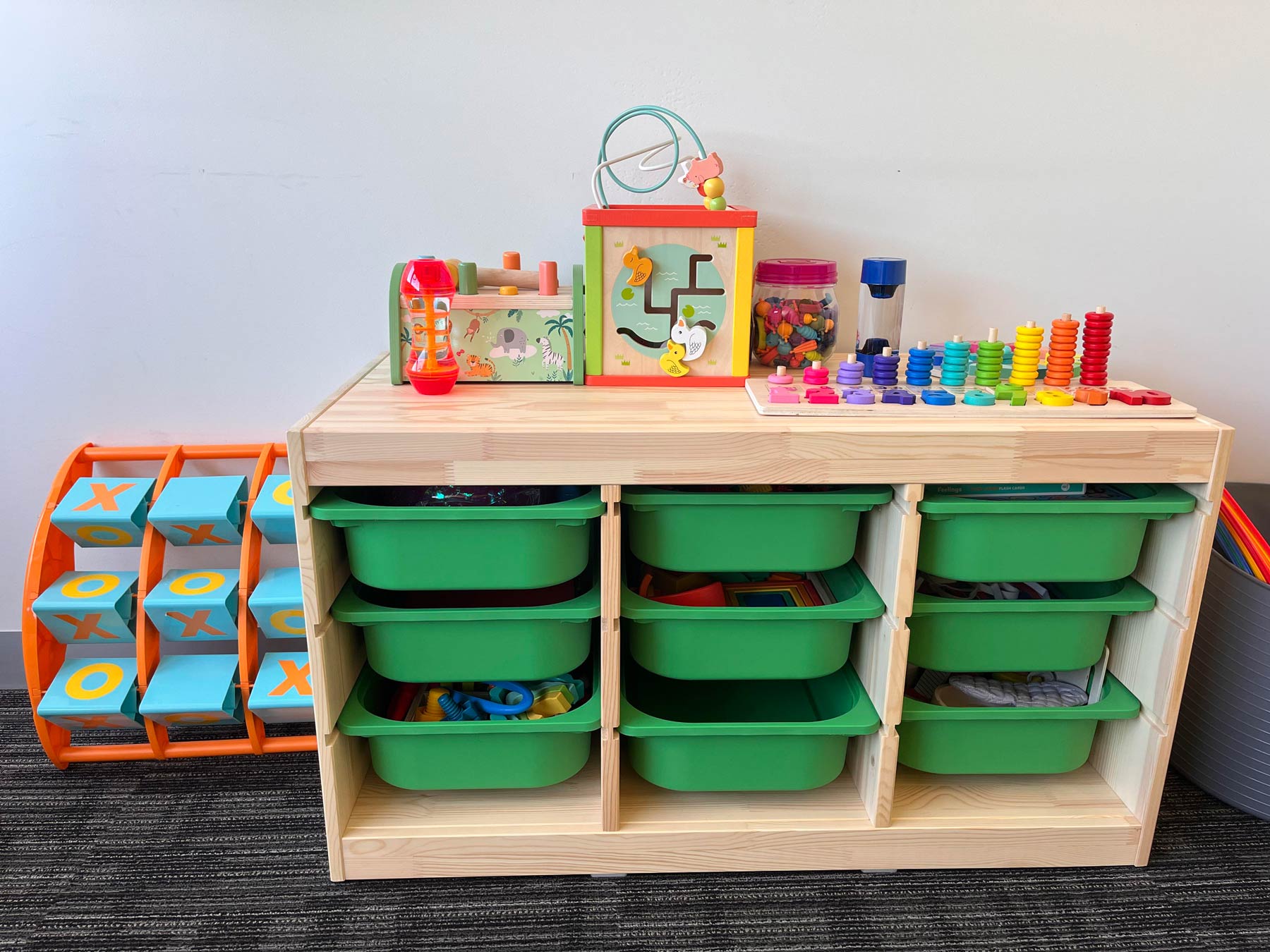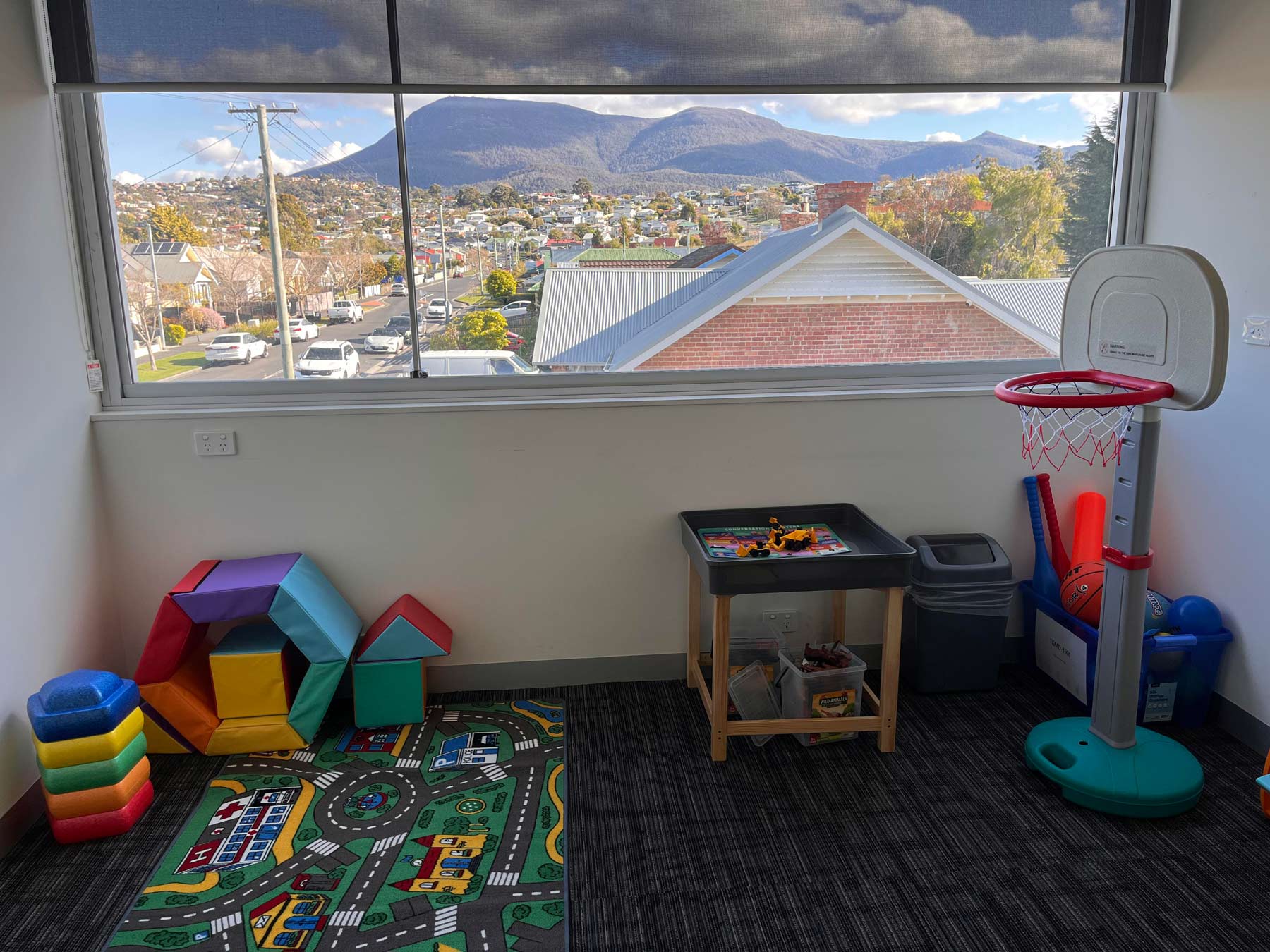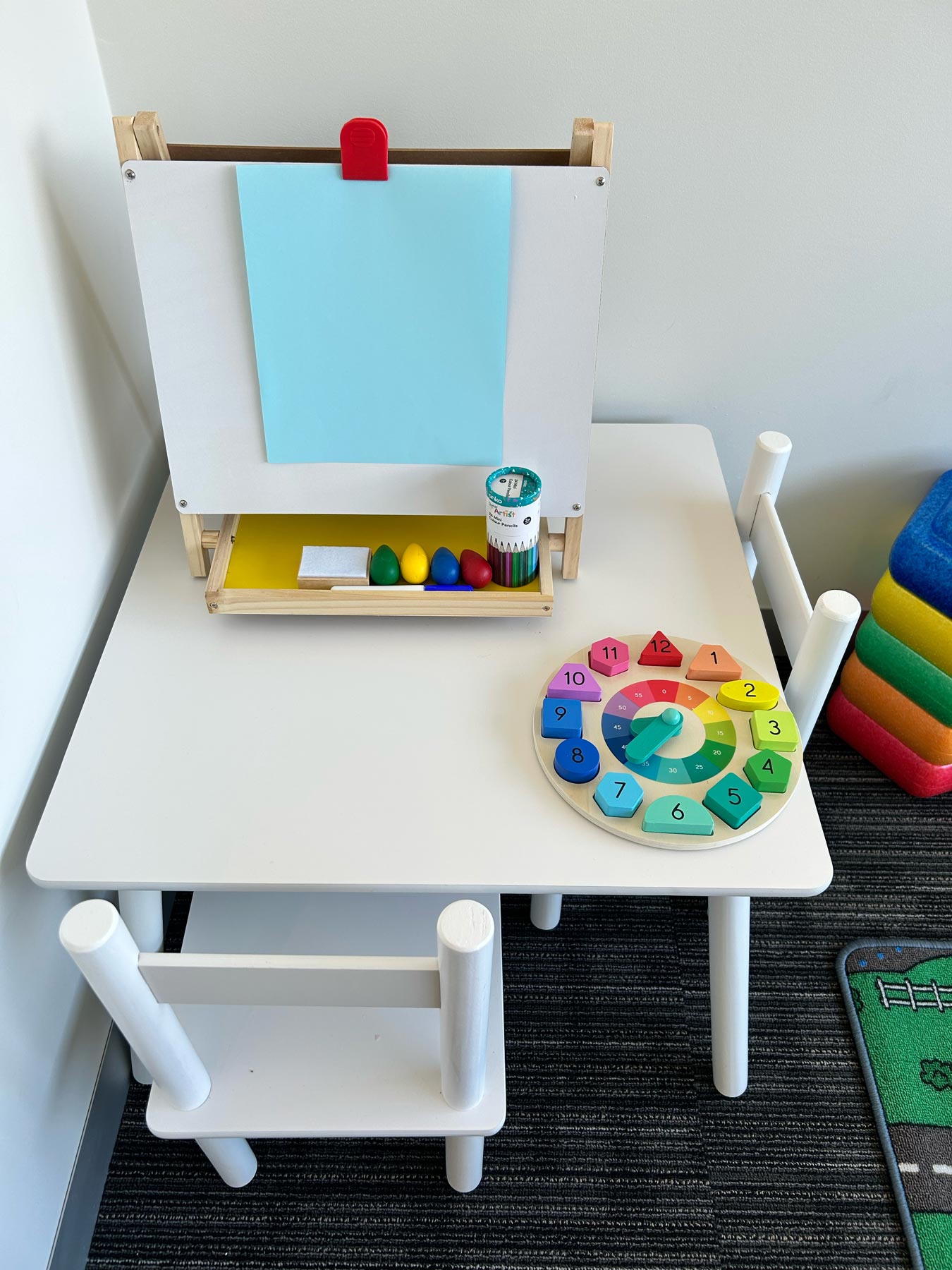What is a Paediatric Therapy?
In Australia there is a number of terminologies that encompass paediatric individuals in the healthcare system:
- Infant: 0 to <1 year
- Early childhood: 1 year to <5 years
- Child: 5 years to <13 years
- Young person: 13 years to <22 years
What is paediatric therapy?
- Paediatric therapy involves interventional strategies targeted at young people to help them thrive and develop through the stages of life. Tailored strategies are made based on the young person’s capacity, development, goals and interests. Working closely with the young person, their families are Carers is essential for making progress and forming strong long term relationships.


Why is Paediatric Therapy Important:
There can be a number of barriers to exercising or even completing physical activity as a young person with a condition that affects their ability to move and function
- Unable to complete age related activities: e.g. school sport – due to coordination impairments, movement limitations and feelings of being left out
- Lack of support in schools and sporting organisations
- Financial difficulties
- It’s not just the physical and mental benefits that makes being active during childhood important, there are also a host of social benefits. Encouraging play outdoors often involves interaction with other children and promotes active play.
It’s not just the physical and mental benefits that makes being active during childhood important, there are also a host of social benefits. Encouraging play outdoors often involves interaction with other children and promotes active play.
What does Paediatric Therapy look like at Your Path to Health?
Examples of Conditions We Commonly See:
- Autism Spectrum Disorder (ASD)
- Attention Deficit Hyperactivity Disorder (ADHD)
- Cerebral palsy
- Downs syndrome
- Asthma
- Childhood Cancers
- Epilepsy
What does a session look like:
- We try to make our appointments fun, interactive and interesting to our clients’ hobbies and goals.
- Find something they enjoy – important to building a positive exercise experience and can also help with motivation
- Get the whole family involved – parents and guardians are great role models and can help educate and motivate / support children to participate in regular exercise.
- Keep track of what works – different types of exercise are going to feel different to each child.
- Remain flexible and explore other strategies to help them engage

